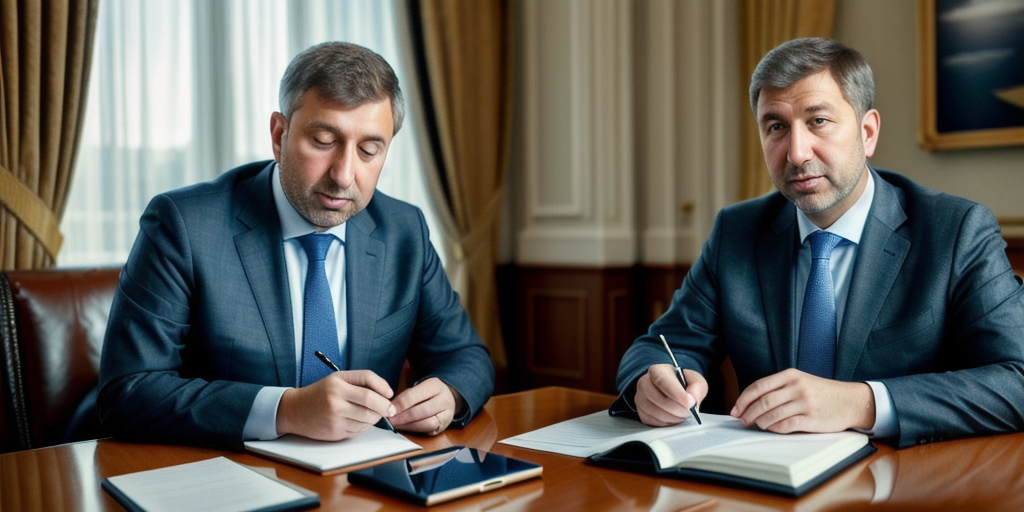
Abramovich business associate Eugene Shvidler fails to overturn UK sanctions
How did your country report this? Share your view in the comments.
Diverging Reports Breakdown
Abramovich business associate Eugene Shvidler fails to overturn UK sanctions
Eugene Shvidler served on the board of companies owned by the former owner of Chelsea football club and now lives in the US. He was placed under sanctions by the UK government in March 2022 as part of measures to target Russia-linked oligarchs and officials after Vladimir Putin ordered the invasion of Ukraine. The businessman, who was born in the USSR in 1964, grew up in Moscow but is now a British citizen. He had challenged his designation at the high court in 2023 and then appealed against that decision last year. He argued the measures caused disproportionate hardship and discriminated against him as a Russian-born person. He also claimed he was not closely associated enough to Abramovich to justify the Foreign Office’s move. On Tuesday, a majority decision of four supreme court justices to one dismissed the businessman’s appeal, saying that sanctions had to be tough to be effective.
Eugene Shvidler served on the board of companies owned by the former owner of Chelsea football club and now lives in the US. He was placed under sanctions by the UK government in March 2022 as part of measures to target Russia-linked oligarchs and officials after Vladimir Putin ordered the invasion of Ukraine.
Shvidler, who was born in the USSR in 1964, grew up in Moscow but is now a British citizen, had challenged his designation at the high court in 2023 and then appealed against that decision last year. He argued the measures caused disproportionate hardship and discriminated against him as a Russian-born person, while also claiming he was not closely associated enough to Abramovich to justify the Foreign Office’s move.
On Tuesday, a majority decision of four supreme court justices to one dismissed the businessman’s appeal, saying that sanctions had to be tough to be effective.
The judgment stated: “Sanctions often have to be severe and open-ended if they are to be effective. The object of the designation in relation to Mr Shvidler is that he should so far as possible be disabled from enjoying his assets and pursuing his wealthy lifestyle.”
The judges added: “We accept that [the government’s] evidence establishes that there is a rational connection between the designation of Mr Shvidler and the aim of this sanction … as the courts … correctly recognised in Mr Shvidler’s case, the effectiveness of a sanctions regime depends on the cumulative effect of the measures imposed under that regime. The imposition of sanctions in relation to Mr Shvidler contributes to that cumulative effect.”
However, in a 20-page dissenting judgment, Lord Leggatt said he disagreed with the majority’s decision that the sanctions were lawful, describing it as “Orwellian” and arguing he did not consider the government had shown a rational connection between the freezing of Shvidler’s assets and the objective of sanctions.
“I do not consider that the reasons relied on by the government come close to justifying such a drastic curtailment of his liberty,” he wrote.
Shvidler said: “This supreme court judgment brings me back to the USSR, which I left as a stateless refugee 36 years ago, seeking sanctuary in the US. Back then, individuals could be stripped of their rights with little or no protections and that is how I feel about this judgment.”
skip past newsletter promotion Sign up to Business Today Free daily newsletter Get set for the working day – we’ll point you to all the business news and analysis you need every morning Enter your email address Sign up Privacy Notice: Newsletters may contain info about charities, online ads, and content funded by outside parties. For more information see our Newsletters may contain info about charities, online ads, and content funded by outside parties. For more information see our Privacy Policy . We use Google reCaptcha to protect our website and the Google Privacy Policy and Terms of Service apply. after newsletter promotion
The UK government imposed sanctions on Shvidler on grounds including that he was associated with Abramovich, who in turn had obtained a benefit from or supported the government of Russia. The Foreign Office argued the men were associated because Shvidler was a long-serving director of Evraz, a steel and mining company in which Abramovich was a leading shareholder. It said he had also served as chair of Millhouse LLC, the Moscow-based arm of the UK company that managed assets for Abramovich and Shvidler himself.
In a related case, the judges unanimously dismissed an appeal by Dalston Projects Ltd, a St Kitts and Nevis company that owns a luxury yacht that has been detained at a London dock. The ultimate owner of the yacht is Sergei Naumenko, a Russian citizen and resident who said he had been prevented from earning substantial income from chartering the vessel.
